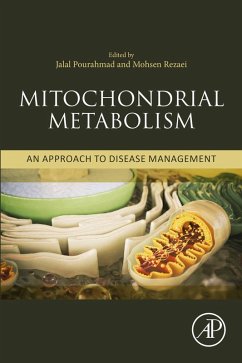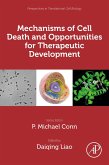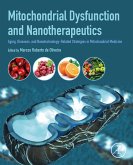Mitochondrial Metabolism: An Approach for Disease Management covers mitotherapy from three combined perspectives, Pharmacology, Toxicology and Biochemistry. After an introduction from world-renowned experts, the book's chapters cover the balancing role in reduction/oxidation mitochondria play, mitochondria as targets for therapeutics through its metabolism, mitochondrial contributions to the cell death process, mitochondrial response to environmental toxicants, the mitochondrial role in aging, the impact of calorie restrictive diets, new advances in the identification of altered mitochondria associated signaling pathways in carcinogenesis, and much more.
This book provides bioscientists new horizons to realize the importance of mitochondria in present-day research on therapies dealing with mitochondria associated chronic diseases, including diabetes, cancer and neurodegenerative disorders.
- Details the significant role of mitochondria in chronic diseases
- Presents new insights on the targeting of mitochondria for therapeutic purposes
- Includes updated results on mitotherapy and other mitochondria-oriented therapies
Dieser Download kann aus rechtlichen Gründen nur mit Rechnungsadresse in A, B, BG, CY, CZ, D, DK, EW, E, FIN, F, GR, HR, H, IRL, I, LT, L, LR, M, NL, PL, P, R, S, SLO, SK ausgeliefert werden.









